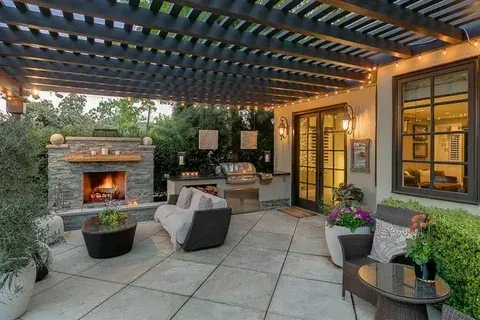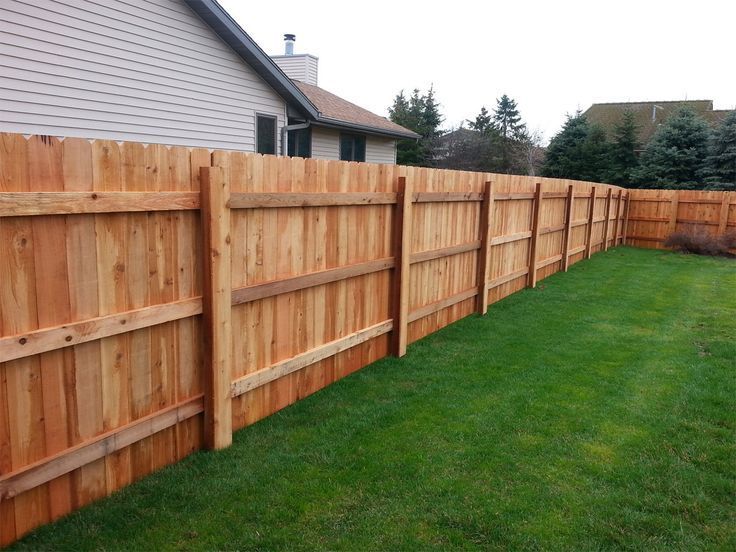What Are the Different Types of Decks for Your Outdoor Space?
Adding a deck to your outdoor space can transform your home, offering a place for relaxation, entertainment, and enjoying the beauty of nature. With so many options available, it’s important to choose a deck that fits your aesthetic preferences, lifestyle, and budget. In this article, we will explore the different types of decks you can choose from and how each type can enhance your outdoor living area.
1. Wooden Decks
Classic and Timeless Look
Wooden decks are the traditional choice for outdoor spaces and remain a popular option due to their natural beauty and timeless appeal. Wood provides a warm and inviting feel, making it ideal for almost any style of home.
Types of Wood Used:
- Pressure-treated wood: Affordable and resistant to decay, this is one of the most commonly used materials for outdoor decks.
- Cedar and redwood: These naturally resistant woods are durable and have a rich color, offering an upscale appearance.
Pros:
- Natural aesthetic that complements most home styles.
- Customizable design options.
- Can be stained or painted to match your décor.
Cons:
- Requires regular maintenance such as sealing, staining, and cleaning.
- Can warp or crack over time due to weather exposure.
2. Composite Decks
Low-Maintenance and Durable
Composite decks are made from a blend of wood fibers and plastic, offering the best of both worlds: the look of wood with the durability of synthetic materials. These decks are designed to resist fading, stains, and scratches, making them a popular choice for homeowners who prefer low-maintenance options.
Pros:
- Low maintenance—no need to seal, stain, or paint.
- Resistant to rot, mold, and insects.
- Available in a wide range of colors and textures to mimic natural wood.
Cons:
- Higher upfront cost compared to wood.
- Can get hot underfoot in direct sunlight.
- May show wear or fading over time, especially in high-traffic areas.
3. PVC Decks
Fully Synthetic for Maximum Durability
PVC (polyvinyl chloride) decks are completely synthetic, made from plastic, and are designed to withstand harsh weather conditions. Unlike composite decks, PVC does not contain any wood fibers, making it even more resistant to moisture, mold, and mildew.
Pros:
- Highly durable and resistant to weathering, rot, and pests.
- Extremely low maintenance—no need for staining or sealing.
- Comes in a variety of colors and finishes.
Cons:
- Can be slippery when wet.
- May fade in color over time, especially in areas with lots of sun exposure.
- Higher cost compared to wood or composite decks.
4. Aluminum Decks
Modern, Durable, and Weather-Resistant
Aluminum decks are known for their strength and longevity. These decks are made from extruded aluminum, which is lightweight yet strong and resistant to rust, corrosion, and fading. Aluminum decks are particularly ideal for coastal areas where saltwater can damage traditional materials.
Pros:
- Extremely durable and rust-resistant.
- Low maintenance and fire-resistant.
- Available in different colors and finishes.
Cons:
- Higher initial cost compared to wood or composite.
- Can be noisy during rain as water may make a louder sound on the surface.
- Limited texture options compared to wood or composite.
5. Pressure-Treated Wood Decks
Affordable and Functional
Pressure-treated wood is one of the most budget-friendly materials for deck construction. This wood has been chemically treated to resist decay, mold, and insect damage, making it an excellent option for areas that experience high moisture or humidity.
Pros:
Cost-effective and widely available.
Durable and resistant to rot and pests.
Can be stained or painted to match your preferences.
Cons:
- Requires periodic maintenance to prevent cracking and fading.
- May not last as long as higher-end materials like composite or PVC.
6. Ipe Decks
Luxury Decking with High Durability
Ipe is a high-end hardwood often referred to as “Brazilian walnut.” It is known for its durability, rich color, and resistance to the elements. Ipe decks are incredibly strong and resistant to scratches, fading, and wear, making them an ideal choice for homeowners who want a long-lasting, luxurious outdoor space.
Pros:
- Extremely durable and resistant to weather, insects, and rot.
- Rich, attractive appearance with a deep brown color.
- Low maintenance compared to other natural wood options.
Cons:
- High upfront cost due to the premium nature of the material.
- Can be difficult to install due to its density.
- Requires periodic oiling to maintain its appearance.
7. Rooftop Decks
Maximizing Space in Urban Areas
Rooftop decks are an excellent choice for urban homes or properties with limited outdoor space. These decks are installed on the roof of a building, offering an elevated outdoor living area with a unique view of the surrounding area.
Pros:
- Maximizes available space, especially for homes with limited yard area.
- Provides stunning views and a private retreat.
- Can be customized with furniture, gardens, and other outdoor features.
Cons:
- May require additional structural support, making installation more expensive.
- Prone to weather-related issues such as wind and rain.
- Can be more challenging to access and maintain.
8. Multi-Level Decks
Perfect for Sloped Properties
If you have a sloped or uneven backyard, a multi-level deck can be a great solution. This design involves creating multiple deck levels that are connected by stairs, allowing you to make the most of the landscape.
Pros:
- Ideal for sloped or uneven yards.
- Provides additional space for outdoor living.
- Can include multiple zones for dining, relaxing, or gardening.
Cons:
- More complex and expensive to install.
- Requires more maintenance and upkeep due to multiple levels and stairs.
9. Wraparound Decks
Spacious and Inviting
Wraparound decks extend around the perimeter of a home, often providing access to multiple entry points or offering a panoramic view of the surroundings. This type of deck is perfect for homeowners who want a spacious and versatile outdoor area.
Pros:
- Provides ample space for entertaining and relaxing.
- Increases the flow between indoor and outdoor living areas.
- Can add significant curb appeal and value to your home.
Cons:
- Requires a larger yard and more materials, increasing the cost.
- Maintenance can be time-consuming due to the large surface area.
10. Decks with Built-In Features
Customizable Deck Designs
Many homeowners opt for decks that include built-in features such as seating, planters, fire pits, or even outdoor kitchens. These added features can enhance the functionality of your deck, creating a more enjoyable and luxurious outdoor space.
Common Features:
- Built-in benches and seating areas.
- Fire pits or outdoor fireplaces for warmth and ambiance.
- Outdoor kitchens with grills, sinks, and refrigerators.
- Planter boxes or garden beds to add greenery.
11. Conclusion
When choosing a deck for your outdoor space, it’s important to consider the material, design, and features that best suit your lifestyle and home environment. Whether you prefer the natural beauty of wood, the low-maintenance appeal of composite or PVC, or the durability of aluminum, there is a deck type that will complement your needs. By carefully evaluating the pros and cons of each deck type, you can create a beautiful and functional outdoor living area that enhances your home’s curb appeal and your quality of life.
FAQs
1. What is the most affordable deck material?
Pressure-treated wood is generally the most affordable option for building a deck, offering durability and functionality at a lower cost.
2. Which type of deck requires the least maintenance?
Composite and PVC decks require the least maintenance, as they don’t need sealing, staining, or painting like wood decks do.
3. How long does a wooden deck last?
A well-maintained wooden deck can last 10-15 years, but this can vary based on the type of wood and environmental factors.
4. Are aluminum decks a good option?
Yes, aluminum decks are durable, rust-resistant, and require very little maintenance, but they are generally more expensive than wood or composite options.
5. Can I install a deck myself?
While smaller decks can be DIY projects, it’s recommended to hire professionals for larger or more complex deck installations, especially when dealing with structural integrity and building codes.



